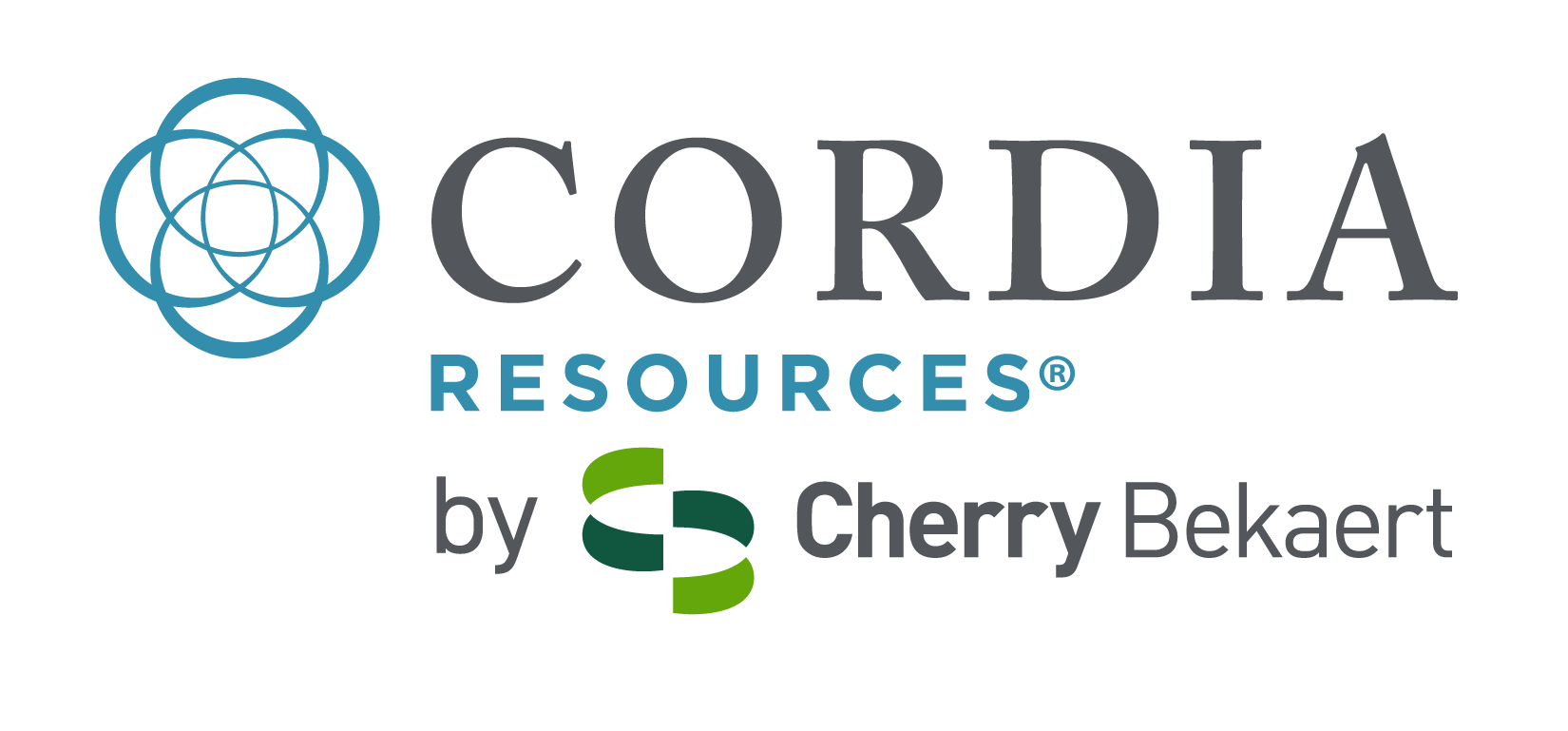 So far, your candidate search has gone well, actually better than well. By every metric, this process has exceeded your expectations. Now you’ve reached the final stage - selecting a candidate. You’re facing two exceptional contenders, and you now have to choose one and say goodbye to the other. Below are a few tips that can help you move forward through this challenge.
So far, your candidate search has gone well, actually better than well. By every metric, this process has exceeded your expectations. Now you’ve reached the final stage - selecting a candidate. You’re facing two exceptional contenders, and you now have to choose one and say goodbye to the other. Below are a few tips that can help you move forward through this challenge.
Recognize that you can’t lose
At this stage, you know that it’s more or less impossible to make the wrong choice. Even if one of these two final contenders holds some secret talent that might later take the company to the moon and back, choosing the other one is by no means a loss. Both are skilled, friendly, ambitious, and equally marked for success in your workplace. So take a deep breath and recognize a happy problem when you see one.
Prioritize your needs
One candidate may rate a ten out of ten in terms of proficient with XYZ software. The other rates a ten out of ten in proficiency with ABC software. So ask yourself one question: Which software platform matters more? Which one is more essential to this role and more essential to the company as a whole? How many other members of the team can handle one platform versus the other? How comparatively rare are these two skills sets? For a minute, back up and compare these two skill sets instead of these two candidates.
Consider the “happy hour” test
Use your insight and envision the first candidate lingering at a bar or restaurant with the rest of the team. Then picture the other. Which one might fit in better and enjoy the company of the team a little bit more? This may be an entirely subjective assessment, but go with your gut and work this vision into your final choice.
Compensate for your own unconscious bias
Since bias and inequity are built deeply into the roots of our hiring and employment systems, attack this bias by shining an honest light into the dark basement of your personal beliefs, habits and preferences. This can be a difficult exercise, but it’s a necessary aspect of intelligent and responsible hiring. Review your last several staffing decisions, and if you see any patterns of bias (for example, higher numbers of one race or gender than another), recognize them and counter the destructive impulse to perpetuate this pattern. Place the success of the company ahead of your internal, possibly unexamined leanings.


